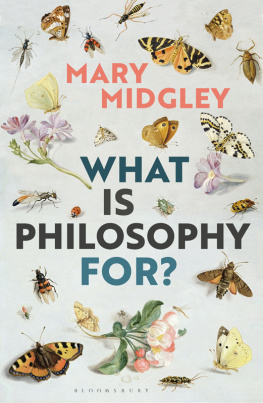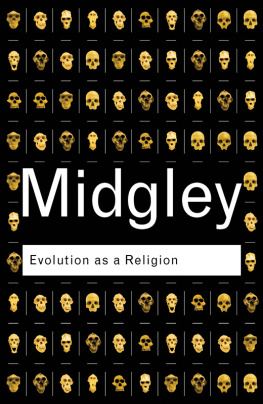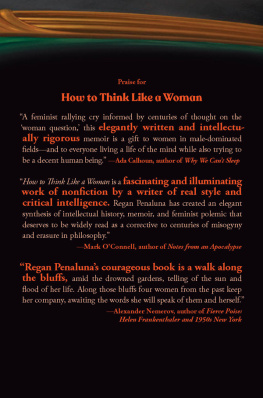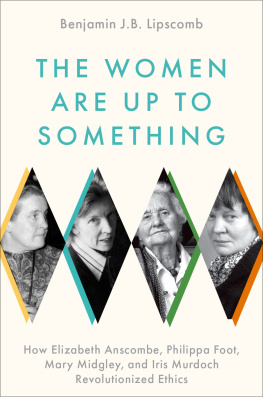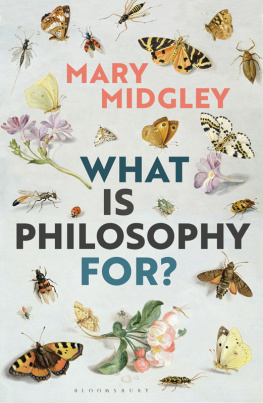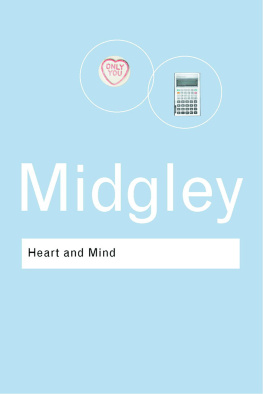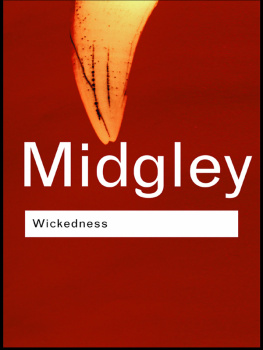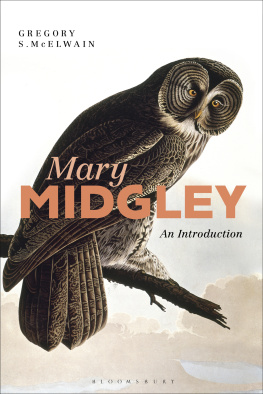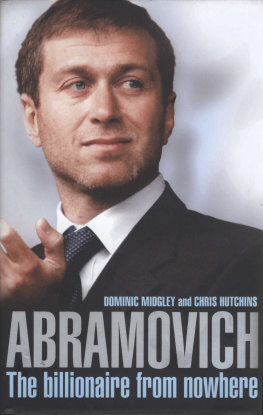Cover
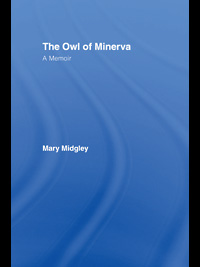
| title | : | Owl of Minerva : A Memoir |
| author | : | Midgley, Mary. |
| publisher | : | Taylor & Francis Routledge |
| isbn10 | asin | : | 0415367883 |
| print isbn13 | : | 9780415367882 |
| ebook isbn13 | : | 9780203027394 |
| language | : | English |
| subject | Midgley, Mary,--1919- , Philosophers--Biography.--England |
| publication date | : | 2005 |
| lcc | : | B1647.M474A3 2005eb |
| ddc | : | 192 |
| subject | : | Midgley, Mary,--1919- , Philosophers--Biography.--England |
Page i
The Owl of Minerva
Page ii
This page intentionally left blank.
Page iii
The Owl of Minerva
A Memoir
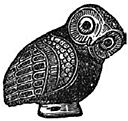
Mary Midgley

LONDON AND NEW YORK
Page iv
First published 2005
by Routledge
2 Park Square, Milton Park, Abingdon, Oxon, OX14 4RN
Simultaneously published in the USA and Canada
by Routledge
270 Madison Ave, New York, NY 10016
Routledge is an imprint of the Taylor & Francis Group
This edition published in the Taylor & Francis e-Library, 2007.
To purchase your own copy of this or any of Taylor & Francis or Routledges collection of thousands of eBooks please go to www.eBookstore.tandf.co.uk.
2005 Mary Midgley
The right of Mary Midgley to be identified as the Author of this
Work has been asserted by her accordance with the Copyright,
Designs and Patents Act 1988
All rights reserved. No part of this book may be reprinted or
reproduced or utilized in any form or by any electronic,
mechanical, or other means, now known or hereafter
invented, including photocopying and recording, or in any
information storage or retrieval system, without permission in
writing from the publishers.
British Library Cataloguing in Publication Data
A catalogue record for this book is available from the British Library
Library of Congress Cataloging in Publication Data
Midgley, Mary, 1919
The owl of Minerva : a memoir / Mary Midgley.
p. cm.
1. Midgley, Mary, 1919. 2. PhilosophersEngland
Biography. I. Title.
B1647 .M474A 2005
192dc22 2004026169
ISBN 0-203-02739-6 Master e-book ISBN
ISBN 0-415-36788-3 (Print Edition)
Page v
For John and Maureen, who shared such a lot of it
Page vi
This page intentionally left blank.
Page vii
Contents
List of illustrations | viii |
Acknowledgements | ix |
Foreword | x |
| Early Days, 192433 | |
| The Ancestors | |
| At Downe House School, 19327 | |
| At Oxford, 193842 | |
| Wartime Jobs, 19425 | |
| In Oxford Again, 19459 | |
| At Reading, 194950 | |
| At Newcastle, 19502005 | |
Page viii
Illustrations
| My mother, Lesley Hay (Scrutton), 1916 | |
| With my brother Hugh in the garden at 3 St Pauls Road, Cambridge, 1923 | |
| My Grandfather, Ted Scrutton, the Lord Justice, 1934 | |
| Olive Willis, the headmistress at Downe House, swimming at Lerici (Published by kind permission of Downe House.) | |
| As the Elder Brother in Comus, 1935 | |
| Just before my marriage in 1949 | |
| My father Tom Scrutton, answering questions on Christianity on Tower Hill, 1958 | |
| Geoff Midgley in 1950 | |
| Philippa Foot in the early 1970s | |
| Geoff, me, Martin, Davy and Tom at Runswick Bay, 1959 | |
| Mike Brearley, lecturer at Newcastle in the 1970s, captain of the England cricket team in the 1980s | |
| Elizabeth Anscombe in the mid-1940s | |
| Colin Strang outside the Newcastle philosophy department with a student, 1982 | |
| David, Tom and Martin, 1980 | |
| Willie Charlton in the early 1970s | |
| Geoff, Jane Heal and Dorothy Emmett pictured with a student, 1986 | |
| With Jane Goodall, Edinburgh, 1989 | |
| January 2001 (Photo: Ted Ditchburn, North News and Pictures.) | |
Page ix
Acknowledgements
The only piece of this book which has appeared before is part of Gender queries from Chapter 24. This was printed in the Journal of the Oxford Society for May 1999 under the title Trouble with the Zeitgeist, and was reprinted in Changing English, Vol. 7, no. 1, 2000 with the title Sorting out the Zeitgeist.
I am grateful to John Bayley for allowing me to quote five lines from a poem by Iris Murdoch in Chapter 4.
I have, as usual, had endless help from my family and friends, and particularly in the tracing of particular details from my three sons and from Ian and Jenny Ground, Claire Lamont, John and Maureen King, Willie Charlton, Judith Hughes, Alexander Murray, Roy Holland and Peter Conradi.
My sons, along with Ian Ground, have also done a wonderful job in helping me to control my word-processor and to thwart its occasional efforts to destroy the whole text.
Page x
Foreword
Light, darkness and owls
I have borrowed the owl for my title from Hegel, who is well known to have remarked that, the owl of Minerva spreads its wings only with the falling of the dusk.1 This is a potent and mysterious symbol that might have various meanings. But the thought for which I want to use it is that wisdom, and therefore philosophy, comes into its own when things become dark and difficult rather than when they are clear and straightforward. That it seems to me is why it is so important. And this may help to explain why people like me want to spend so much of their lives on it.
The imagery of the Enlightenment, which centres on the metaphor of seeking light, can, I think, mislead us here. It may seem to demand that we should attend only to what is already clear, turning our backs on everything dark and doubtful. That is surely why many people have supposed that physical science because it deals with an already defined and limited subject matter sets us the ideal for all enquiries. The wonderful successes of this science lie in areas that are now brightly lit. The thought of turning away from them to the vast range of other mysteries that surround them can be daunting. So it can seem that all studies ought to imitate these sciences by being brightly lit already, or that these other studies ought to be abandoned.
Next page

